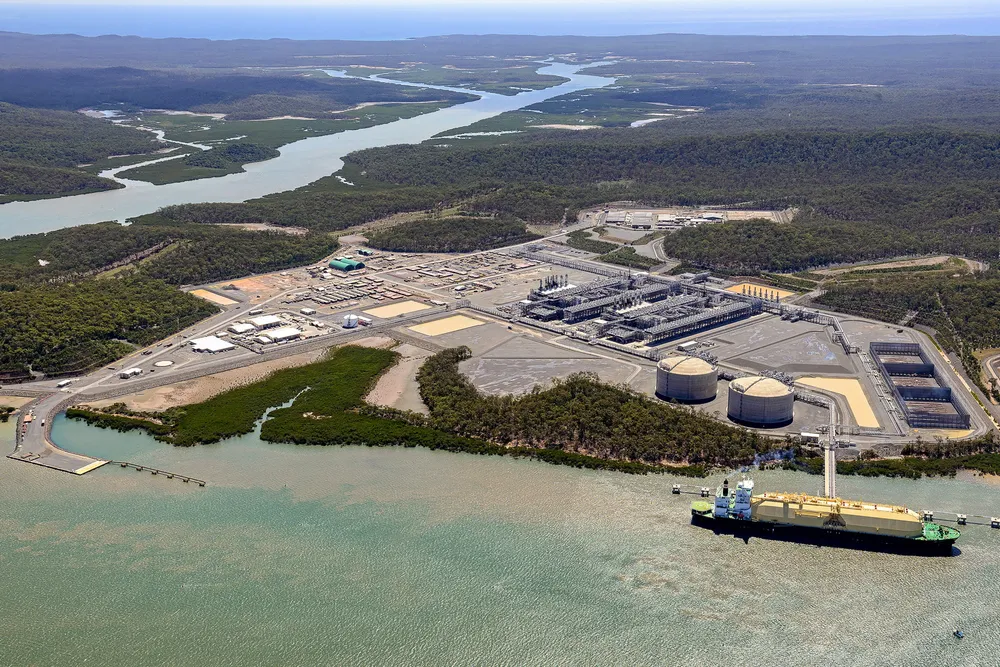Record Australian upstream M&A deals, despite regulatory turmoil
‘High probability of increased government intervention’ would ‘inevitability’ impact future transactions: Wood Mackenzie

‘High probability of increased government intervention’ would ‘inevitability’ impact future transactions: Wood Mackenzie
